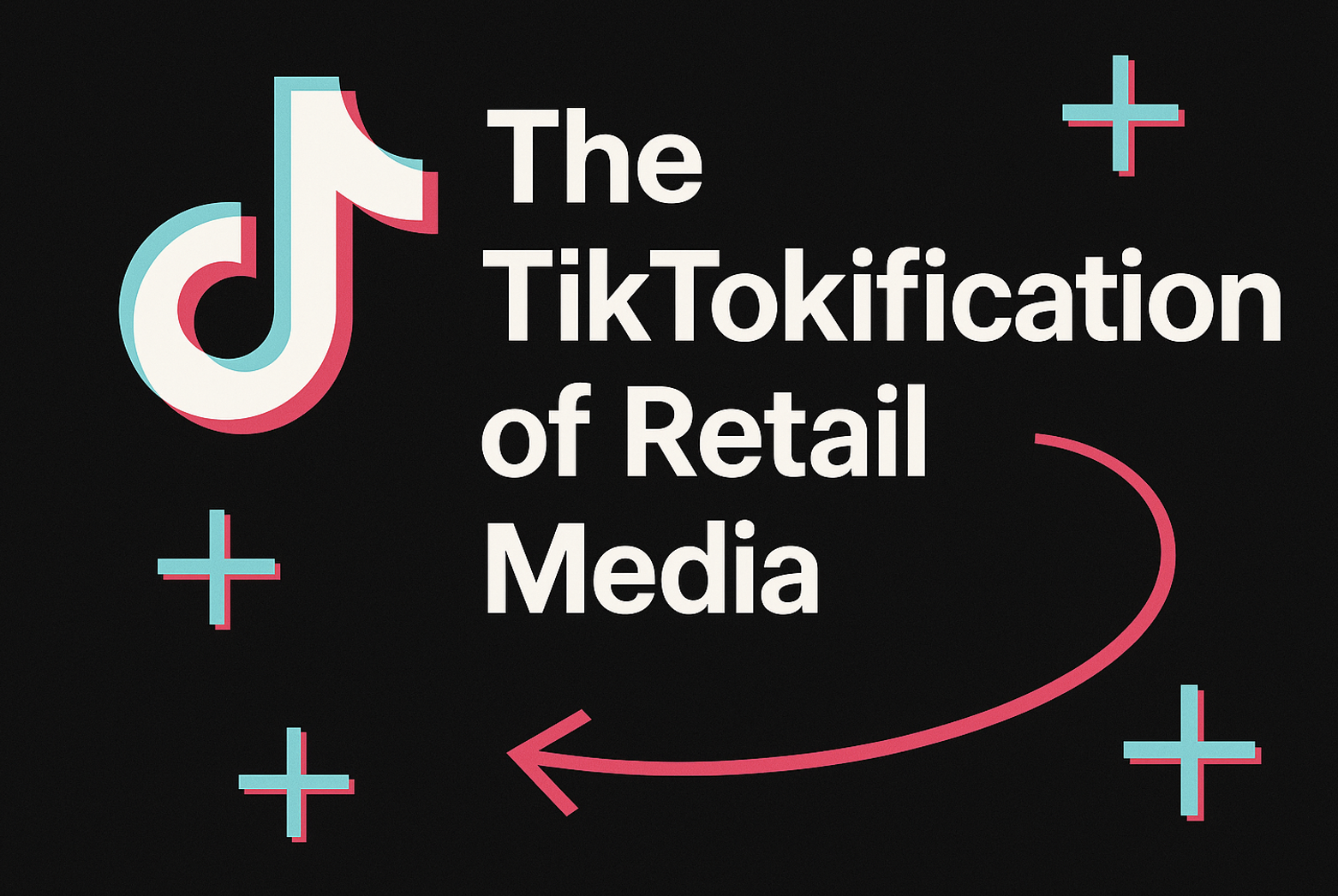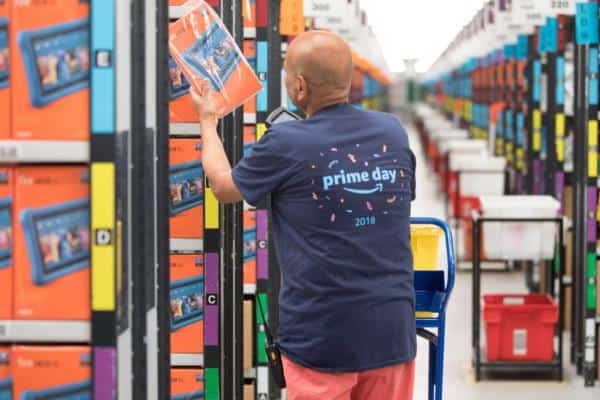We round up the latest news on Peak 2019 in a series of reports. Today we’re reporting on Alibaba’s 11.11 Singles Day shopping festival, on what will influence shoppers this Black Friday, and how the peak trading season continues to get longer.
Spending grows by a quarter on Singles Day
Peak shopping season is now underway, as shoppers yesterday more than $38bn in the Alibaba Group’s 2019 11.11 Global Shopping Festival – known as Singles Day. Gross merchandise volume reached $38.4bn (RMB268.4bn/£29.9bn) – 26% ahead of the event last year. The date, which gained significance as an alternative to Valentine’s Day for single people, has come to be seen in the ecommerce industry as the beginning of the peak retail season in the run up to Christmas.
Retailers and brands from the United Kingdom came sixth in the list of countries with the greatest turnover from cross-border trading during the course of the event.
More than 200,000 brands took part in the event, and Apple, Bose, Estée Lauder, Gap, H&M, L’Oréal, Levi’s, MUJI, Nestlé, Nike, Philips, The North Face, Under Armour and Uniqlo all performed strongly. A million new products were launched during the event, while delivery network the Cainiao Network processed 1.3bn orders.
“Today we showed the world what the future of consumption looks like for brands and consumers,” said Fan Jiang, president of the Taobao and Tmall marketplaces. “We are meeting the growing demand of Chinese consumers and helping them upgrade their lifestyles, while introducing new users to our digital economy from across China and around the world.”
The event, which has built a reputation for innovation in selling, this year put live-streaming, influencers and interactivity at the centre of the event, while looking to showbusiness for spectacle: it launched with a Countdown Gala that featured Taylor Swift.
What will influence shoppers this Black Friday?
Sixty-one per cent of UK consumers questioned in a study say they plan shop on Black Friday – while 39% do not plan to do so. Almost a third (31%) of 18 to 24-year-old shoppers and 26% of those aged between 25 and 34 who are planning to buy on Black Friday say they will hold off making any major purchases two months before the event. A third (33%) of Black Friday shoppers aged between 18 and 24 say they will only buy from brands they already know and feel loyal to, as will 20% of those in every other age group who already plan to buy on Black Friday.
The Mention Me study questioned 2,000 UK consumers on whether they will shop at all, what research they’ll do and what will influence them to buy from one brand over another.
“Black Friday remains a high octane impactful calendar event for our 400+ retail clients, echoed by our research revealing that 61% of the 2,000 consumers questioned are planning on Black Friday shopping,” said Andy Cockburn, chief executive of Mention Me. “What’s interesting this year is that the movement towards trust in brands and ethical shopping is starting to have an impact on this shopping event previously focussed solely on discounting. Retailers need to work to sustain pre and post event and can no longer just rely on offering the best price on Black Friday if they want to build long-term valued customers.”
Black Friday continues to last longer
Sean Rusinko, global director of retail and hospitality at Sitecore, says that Black Friday has grown from a day of discounts to a season of discounts. “UK retailer TK Maxx is just one example, having started its Black Friday sales online in mid-October under the headline ‘Black Everyday’.
“It’s likely that other retailers will follow this model, both online and in-store, with sales extending throughout the month. To make the most of this extended sale period, retailers should use the duration of the event to nurture customers with products aligned to their interests and look to increase purchase conversion rates, rather than expecting customers to make hasty purchases on one day. For example, by providing personalised, targeted offers based on users purchase history, retailers will be better placed to offer customers the products or services that they really want.”
He says that last year UK online shoppers spent £1.49bn on Black Friday 2018 – up from £1.39bn in the previous year, while online sales as a proportion of all retailing stood at more than 20% for the first time.
Ruskinko said: “As a result, retailers need to ensure that relevant in-store and online offers reach customers leading into Black Friday, allowing them to research, compare and finally purchase on whatever platform suits them best without any friction. What’s more, allowing customers to order products online to be delivered in store, or placing an order from a store when an item is out of stock, will help retailers to make the retail experience more convenient for customers, something they value highly. This will enable retailers to prevent the scenes experienced in previous Black Fridays, which saw customers queuing for hours outside stores to grab a product that was only available for a limited time only.”
Royal Mail strike uncertainty
Uncertainty continues around the potential Royal Mail strike. Royal Mail and Parcelforce staff have both voted to strike in a ballot organised by the Communication Workers’ Union (CWU). But the Royal Mail says it is now going to court to have the ballot overturned.
Image: Fotolia








